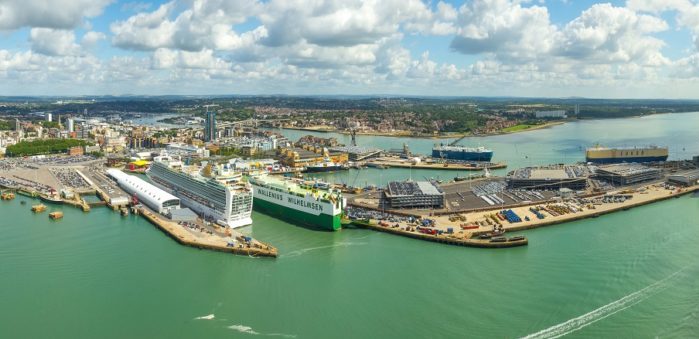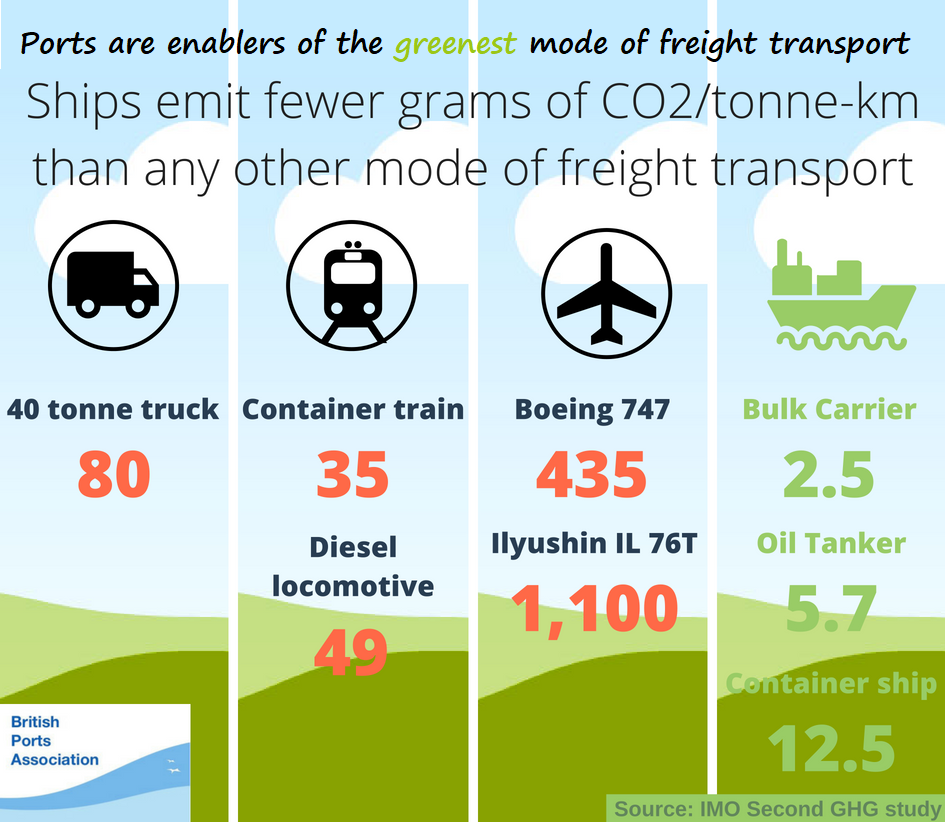The UK Government released its Clean Air Strategy, requiring all major ports in England to develop air quality plans within the next year. The British Ports Association responded to the new strategy, saying that “ports and shipping are part of the solution, not the problem.”
The strategy states that “by May 2019, all major English ports should produce Air Quality Strategies setting out their plans to reduce emissions across the port estate including ship and shore activities. These plans will be reviewed periodically to establish if the measures implemented are effective or further government action is required.”
[smlsubform prepend=”GET THE SAFETY4SEA IN YOUR INBOX!” showname=false emailtxt=”” emailholder=”Enter your email address” showsubmit=true submittxt=”Submit” jsthanks=false thankyou=”Thank you for subscribing to our mailing list”]
The BPA seemed disappointed that the strategy provides no evidence for claiming that shipping emissions impact air quality in the UK because of shipping lanes and engine operation while at UK ports.
Mark Simmonds, Policy Manager at the British Ports Association, stated:
Ports handle 95% of the UK’s trade and moving freight by sea is still by far the most environmentally-friendly way to facilitate global trade – as well as ensuring our economy continues to function and our food and energy supplies are secure. In comparison with other transport modes shipping is an efficient and environmentally sustainable option. Utilising the UK’s hundreds of ports in supporting more coastal shipping has the potential to take thousands of lorries off of UK roads. The industry is keen to play its part and work with Government on improving air quality but this must be done holistically and using credible evidence.
According to BPA, the Government have based part of their assumptions on shipping and port emissions on reports where the methodology has limitations regarding vessels’ fuel type and sulphur content and assumptions on vessels’ engines. BPA alss questioned the marks around source apportionment in emission monitoring.
Mr. Simmonds added:
This is a tight deadline, but many major ports will already be taking action on air quality, monitoring the sources or producing plans of action. We are pleased that Government has recognised that there is not a one-size-fits-all solution to this. Measuring the sources of emissions is always difficult and Government should recognise that ports are often centres of major industry and logistics chains and do not usually have direct control over nearby emissions sources.
See more information in UK’s Clean Air Strategy herebelow
































































